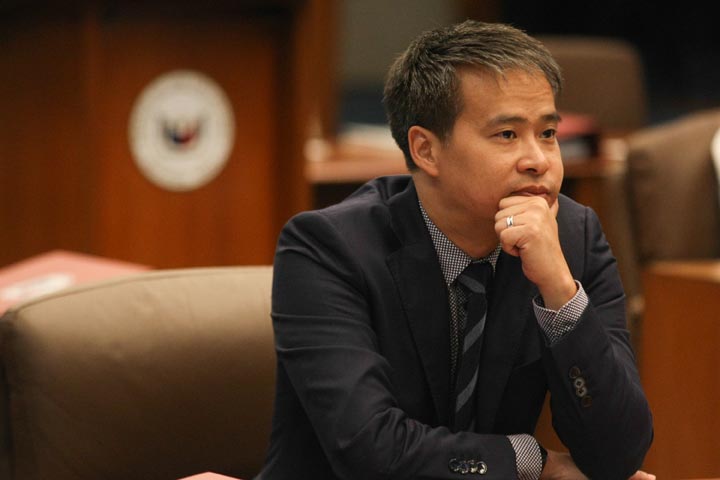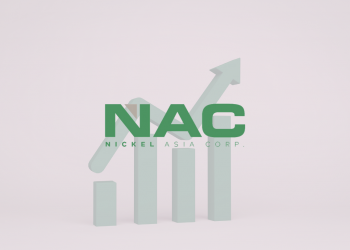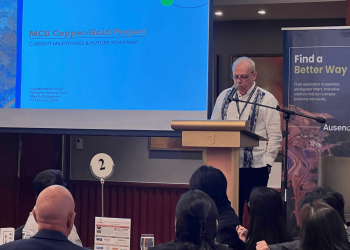Senator Joel Villanueva is spearheading a bill that would form the Philippine Industries Transparency Initiative (PH-EITI), the designated monitoring body for the country’s oil, gas, and other resource sectors that require extraction for commercial use.
In his proposal, the Senate Bill No. 1125 or An Act Providing for the Creation of Philippine Extractive Industries Transparency Initiative will cover the formation of the oversight group mandated to provide access to all information of public authorities in the extractive industries.
“The general objective of the PH-EITI is to improve governance and management of the natural resources in the country and ensure that all of what is due to the Filipino people and the Government on account of the resources are (a) verifiably paid; (b) duly accounted for; and (c) judiciously utilized for the benefits of all Filipinos and on the basis of intergenerational equity and sustainability,” it said.
The Villanueva-authored law will serve as an “FOI bill” for the country’s extractive sector, in which the PH-EITI will disclose all data of material, payments, and revenues from industry activities, as well as all concessions, contracts/licenses, agreements, and joint ventures covered by the oversight board that allows the public to freely use, re-use and redistribute for any purpose, without restrictions.
The Philippines is the first and only country to meet a “satisfactory progress” score after perfecting all nine requirements ensuring the accountability on the use of oil, gas, mineral, and natural resources in the Extractive Industries Transparency Initiative (EITI), an institution assessing global standards to promote proper management for public benefit of extractive resources.
According to its report, of the nine requirements, the Philippines exceeded expectations of the minimum grade set by the EITI standard, including legal and fiscal framework disclosures, contract disclosures, revenue management, revenue expenditure and social expenditures.
“We laud this achievement and we see the importance of transparency in policy-making particularly in extractives. To ensure smooth and effective implementation, I propose that it be institutionalized to mainstream transparency and participatory governance in the extractive sector,” Villanueva said.
In an InterAksyon article, the PH-EITI board has shown engagement in formulating recommendations and proposals, distribution of mining revenue from central to local levels and revenue management within local governments—all ensuring the global standard “has had tangible impact” especially in the governmental spectrum.
However, while the EITI body commended the Philippines for the success of its revenue transparency objectives, the country was met with challenges in covering the coal sector.
Despite this, civil society network Board of Bantay Kita said that the EITI report is a reflection of the country’s hard work and commitment of stakeholders in the extractive industries.
“It affirms that having a political space to work together as co-equal facilitates convergence of interests. PH-EITI is a success because we aimed to be relevant,” Bantay Kita Secretary Cielo Magno said.
“There are still tons of work to be done so I hope we will continue to be effective, open, critical, and radical,” he added.
Photo courtesy of Philippine News
corporateofficeheadquarters.org














